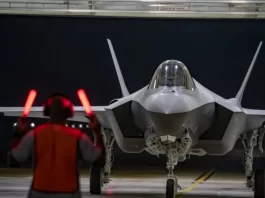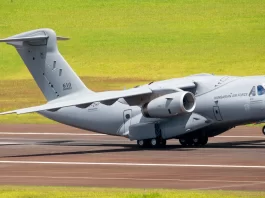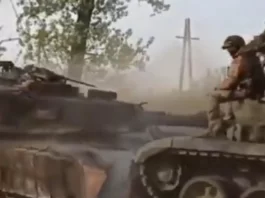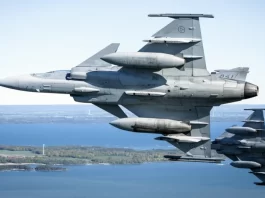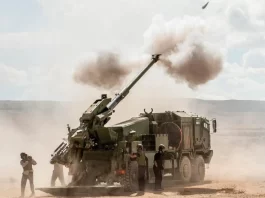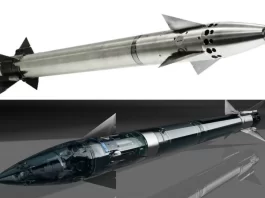NATO and its allies are enhancing surveillance and reconnaissance in the Black Sea region, including using patrol aircraft and unmanned aerial vehicles, and have pledged to provide Ukraine with more assistance. This announcement was issued by the North Atlantic Alliance on July 26, following the second NATO-Ukraine Council meeting. Russia’s actions pose significant risks to the stability of the Black Sea region, which is strategically essential to NATO, said NATO Secretary-General Jens Stoltenberg, holding Moscow fully accountable for the Black Sea escalation. He noted that allies are increasing their support for Ukraine and their vigilance.
According to a NATO press release, Russia’s establishment of a new “warning zone” in the Black Sea within Bulgaria’s exclusive economic zone has created additional risks of miscalculation and escalation and significant obstacles to freedom of navigation.
Moreover, Kyiv and its allies firmly condemned Russia’s decision to withdraw from the “grain deal” and its intention to halt Ukrainian agricultural exports, which affect hundreds of millions of people worldwide. Stoltenberg emphasised that Russia must stop using starvation as a weapon and threaten the most vulnerable people in the world with food insecurity.
NATO also condemned the unscrupulous nature of the Russian missile attacks on Odesa, Mykolaiv, and other port cities and the drone attacks on grain silos in the Ukrainian port of Reni on the Danube, close to the Romanian border. “Russia continues to disregard international law and the global population that relies on Ukrainian grain,” Russia threatens civilian ships, terrorises peaceful communities, and destroys a portion of the world’s cultural heritage, according to NATO Deputy Secretary-General and NATO-Ukraine Council Chairman Mircea Geoană. “NATO is cohesive. We stand in solidarity with our Black Sea allies and will defend and assist Ukraine as necessary.”
The North Atlantic Alliance members applauded Turkey’s ongoing efforts to restore the “grain agreement” and the European Union’s and the United Nations’ efforts to continue grain exports from Ukraine. Allies have also committed to providing Ukraine with substantial military, economic, and humanitarian assistance.
In response to Russia’s aggressive invasion of Ukraine in 2022, NATO has considerably increased its presence in the Black Sea region, including deploying two new multinational combat groups in Bulgaria and Romania.
Following Russia’s unilateral termination of the Black Sea grain initiative, the second NATO-Ukraine Council meeting was called at the behest of Ukrainian President Volodymyr Zelenskyy. In addition to representatives of NATO member countries and Sweden via video conference, the meeting was attended by Ukrainian Vice Prime Minister Oleksandr Kubrakov and Deputy Chief of the General Staff of the Ukrainian Armed Forces Oleksiy Hromov.
The NATO-Ukraine Council was established in July at the NATO summit in Vilnius.

